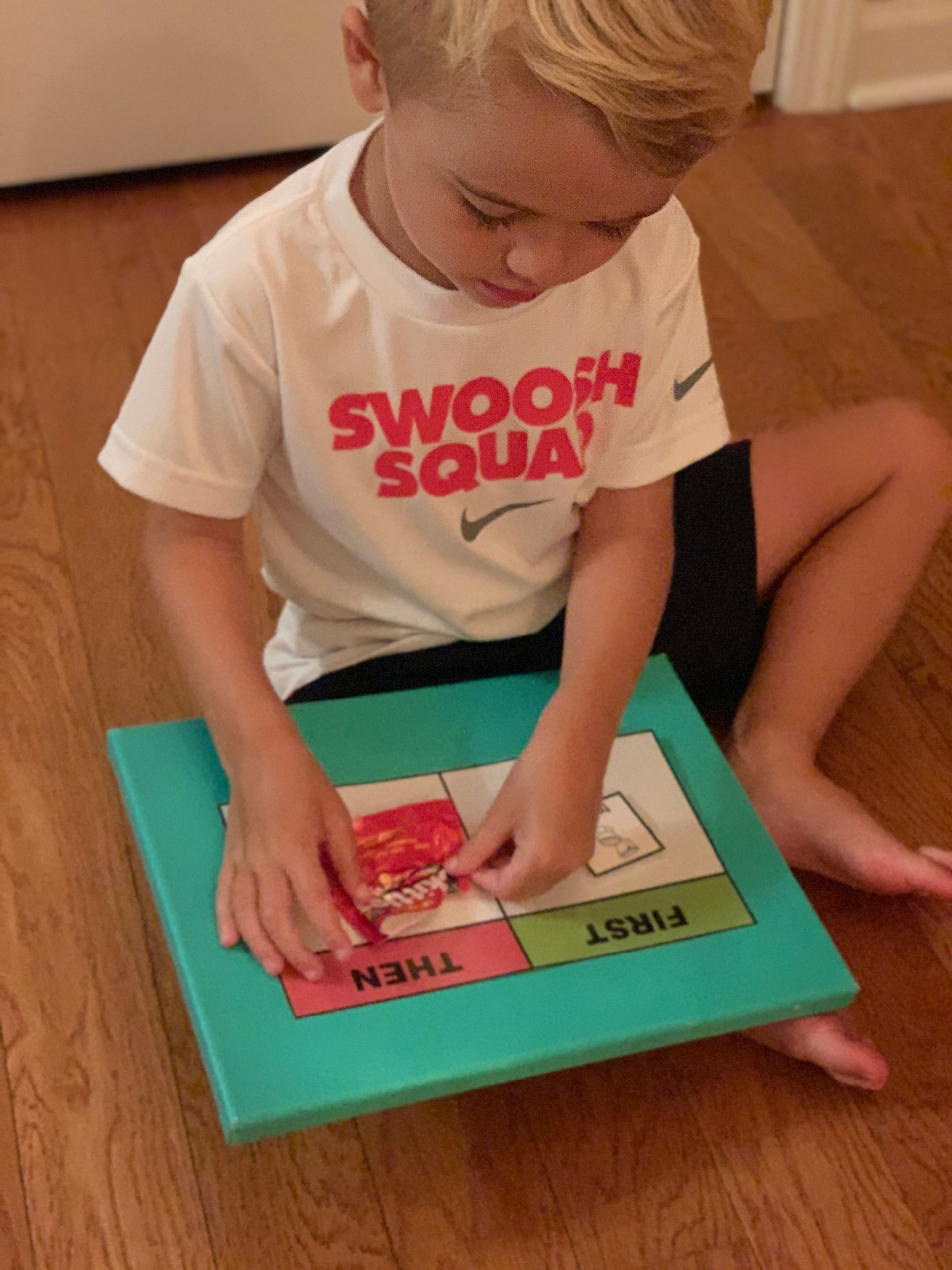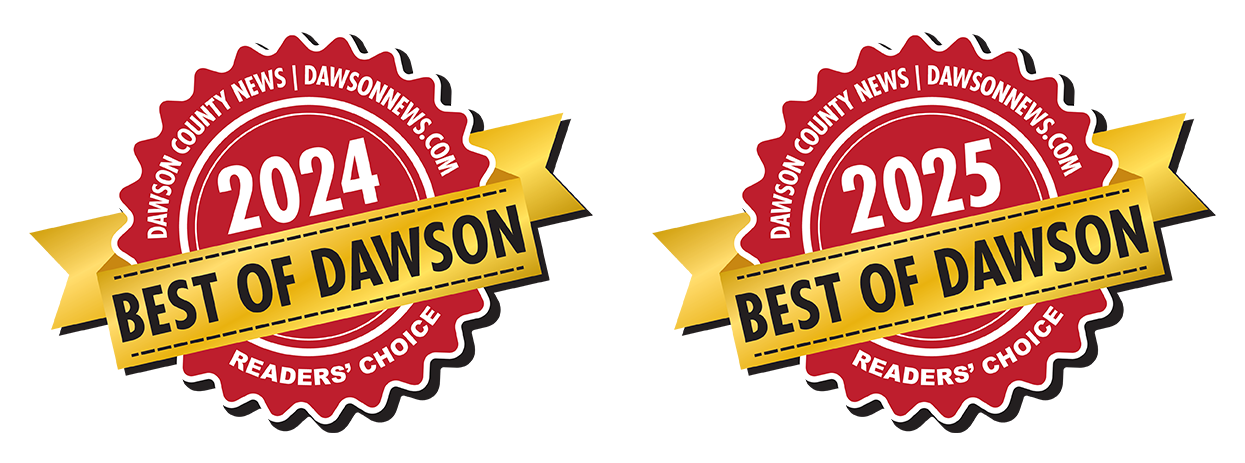Pediatric Therapy Services
At Prosper Therapy, we offer a variety of specialty services to help children and adolescents achieve their developmental milestones and address physical, cognitive, emotional, and social challenges. Our services are designed to support children in meaningful daily activities, whether at home, school, or in the community. We provide occupational therapy (OT), physical therapy (PT), and speech therapy (ST), all with a collaborative approach to promote independence, skill development, and overall well-being. Our dedicated team is committed to helping your child thrive in all areas of their development. Learn more about our specialized services below!
Our Specialty Areas
- Integrative healthcare
- Primitive reflex integration
- Sensory integration
- SOS feeding therapy (certified)
- Adaptive equipment recommendations
- Home/environmental adaptations
- Fine motor skills
- Vestibular rehabilitation
- Auditory processing
- Visual processing
- Play & social skill development
- Self-care / ADL/IADL
- Life skill development
- Attention / Self-regulation
- Motor planning skills
- Consult regularly with PCP, PT, SLP, PO, educators, etc.
- Babies Can't Wait Early Intervention Providers


Why Choose Us? Voted Best Pediatric Therapy Clinic in Dawson County 2024 and 2025, Prosper Therapy provides personalized, evidence-based care to help children reach their full potential in a fun, supportive environment.
Don't just take our word for it - see what our families have to say!
Have a question?
For more information or to schedule an appointment, send us a message, and we’ll get back to you soon!



